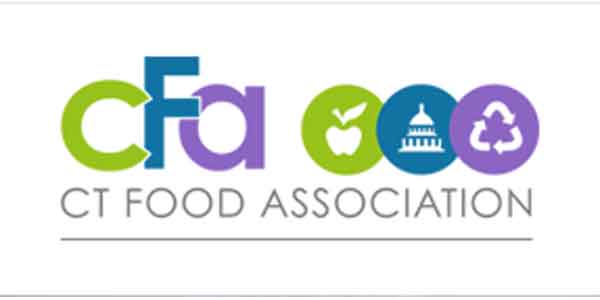Sunday alcohol sales, allowed in Connecticut since 2012, benefited neither supermarkets nor packa
“Using nationwide data from 2004 to 2021, we find a short-term increase in beer sales post-policy change,” researchers wrote in a recently published study, “but no significant long-term economic effects on grocery and liquor stores. Our analysis also shows similar treatment effects for chain and standalone liquor retailers, suggesting limited lasting implications for the liquor retail industry’s performance and conduct after Sunday sale restrictions were lifted.”
The prohibition against selling alcohol on Sundays was one of the last of Connecticut’s puritanical Blue Laws.
The study counters package store owners’ dire predictions about beer sales lost to grocery stores on one of the week’s busiest shopping days. In 2011, when a proposal to allow Sunday sales died in the legislature, Carroll J. Hughes, lobbyist at the time for the Connecticut Package Store Association, called the decision a victory for corner stores throughout the state. Hughes told the Connecticut Post that mom-and-pop packies would have lost major business to supermarkets, forcing hundreds out of work. He also said estimates that the repeal would raise millions in added tax revenue were overstated.
“It doesn’t raise money and it certainly eliminates jobs,” Hughes said of the proposal. “I’ll lose 350 stores, probably 600 jobs in the wholesale-retail sector and we don’t need that right now, just for an experiment that somebody’s saying ‘let’s open up and try it.'”
UConn researchers, however, found “there is no statistical evidence of adverse or positive treatment effects on the long-term economic outcomes for grocery retailers and liquor stores after the policy change.”
Published in January in The Journal of Wine Economics, the study was done by Cristina Connolly, assistant professor of agriculture and resource economics in UConn’s College of Agriculture, Health and Natural Resources, and Ph.D. student Alyssa McDonnell, along with collaborators Sandro Steinbach from North Dakota State University, and Marcello Graziano from UConn’s Connecticut Center for Economic Analysis.
The Connecticut Food Association, an advocacy organization for grocery stores, highlighted the report on its website with the headline, “Study: If You Let People Buy Beer at Grocery Stores, the Liquor Stores Still Survive.” The organization is pressing for wine sales in grocery stores through a website, CT Wine Now, that notes 42 other states allow such sales.
The state legislature is not considering the issue in this session, but supermarket representatives across the state made a big push in 2023 to legalize the sale of wine in their stores. Ultimately, however, Connecticut’s 1,250 package store owners won the day, persuading lawmakers that wine and spirits should remain their market domain.
In an attempted compromise, the 2023 bill said no food store within 1,000 feet of an existing package store would be allowed to sell wine, and all wine in supermarkets would have to be from vineyards producing 100,000 gallons a year or less — about 43,000 cases. CT Wine Now cites the added convenience of wine sales in grocery stores and contends that people would not shop less at local liquor stores.
Advocates point to another UConn study released last year in which the Connecticut Food Association asked researchers to analyze the economic impact of allowing grocery store wine sales. The major findings, which included a household survey, were that a clear majority of almost 82 percent of the general public support grocery stores sales and that the policy would have little impact on consumers’ overall wine buying habits, UConn Today reported.
But package store owners have called the proposal a profit-grab by an industry dominated by national and multinational corporations, including Dutch-owned Stop & Shop.
“Convenience? Are you kidding me? There are package stores in 162 of the 169 towns,” Jean Cronin, a lobbyist and executive director of the Connecticut Package Store Association, said during the debate last year. “That’s a lot of access.”
About 100 package store owners and employees stood up in the hearing room as hundreds more, perhaps 500 or 600 in all, stood in the atrium downstairs, many of them from the recently formed Indian American Package Store Association of Connecticut.
Consumers will be hurt, the liquor store representatives said, as the market-setting supermarkets look to sell just a few brands, making it unprofitable for distributors to keep offering some 50,000 varieties of wine in Connecticut stores.
“In many small towns, they are the last small business left on Main Street but this legislation could change all that,” Cronin said. “We are a fragile ecosystem.”
Original article found at CT Insider.


